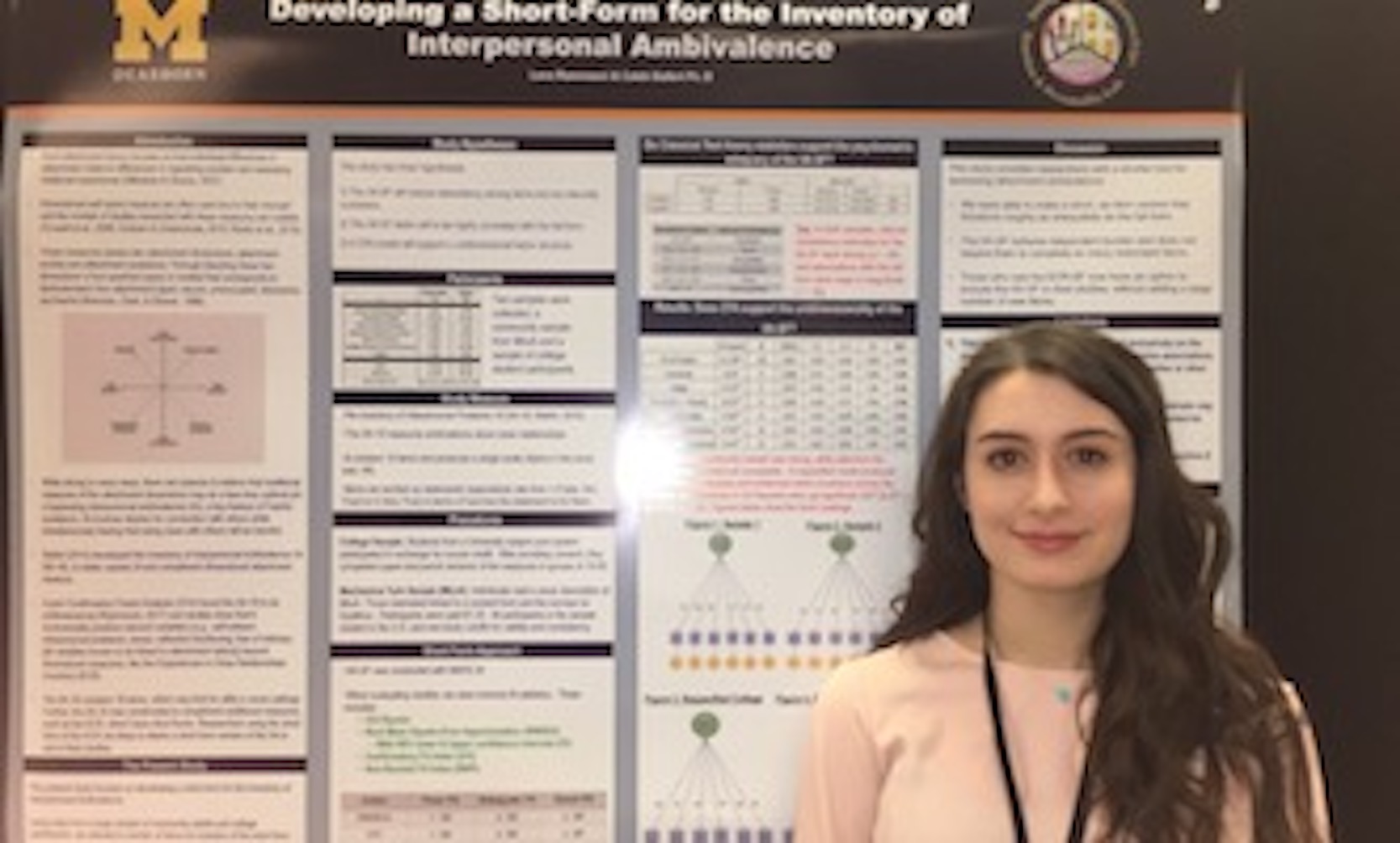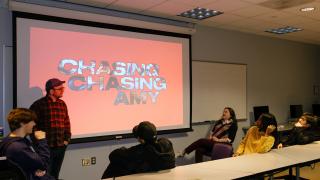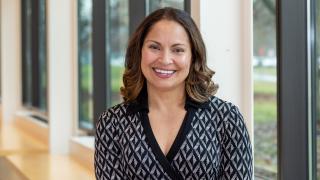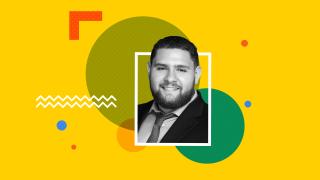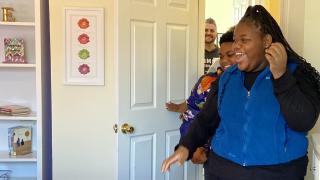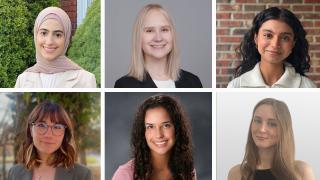
When asked, “What do you want to do with your life?,” Lena Rammouni may previously have replied, “To help others.” But a family crisis put her future in focus when she saw what a strong doctor-patient connection did for her father.
“Some say my father’s recovery was a miracle and that may be true. But I also think it had to do with education, support and understanding from his medical team,” said Rammouni, a behavioral and biological sciences major on the pre-medical route. “He went from a near-death situation four years ago to being able to walk again because they knew the type of encouragement he needed. I want to be that type of medical professional — one that takes time to listen and understand patient needs.”
Now in her senior year, Rammouni said campus opportunities have prepared her for medical school and more effective doctor/patient relationships.
“Relationships you make influence the way that you cope with stress, which affects physical and mental health,” she said. “That’s why it is important for us to better understand the types of relationships we form and that others form. If we can understand that, we can be more effective in how we treat people.”
As a freshman, she approached Psychology Associate Professor Caleb Siefert about getting involved with his research. As a sophomore, she learned the research process and began understanding her own interests better through Siefert’s lab. And in her junior and senior year, she’s discovered results that could be applied in a research or client/doctor situation when helping people better understand personalities.
“I knew research was a critical component of the medical profession, so I went up to Professor Siefert, who was my Psych 101 professor, and asked to get involved,” she said. “And here I am today. I’ve done several research projects, presentations and feel confident that I’m headed in the right direction with my future."


